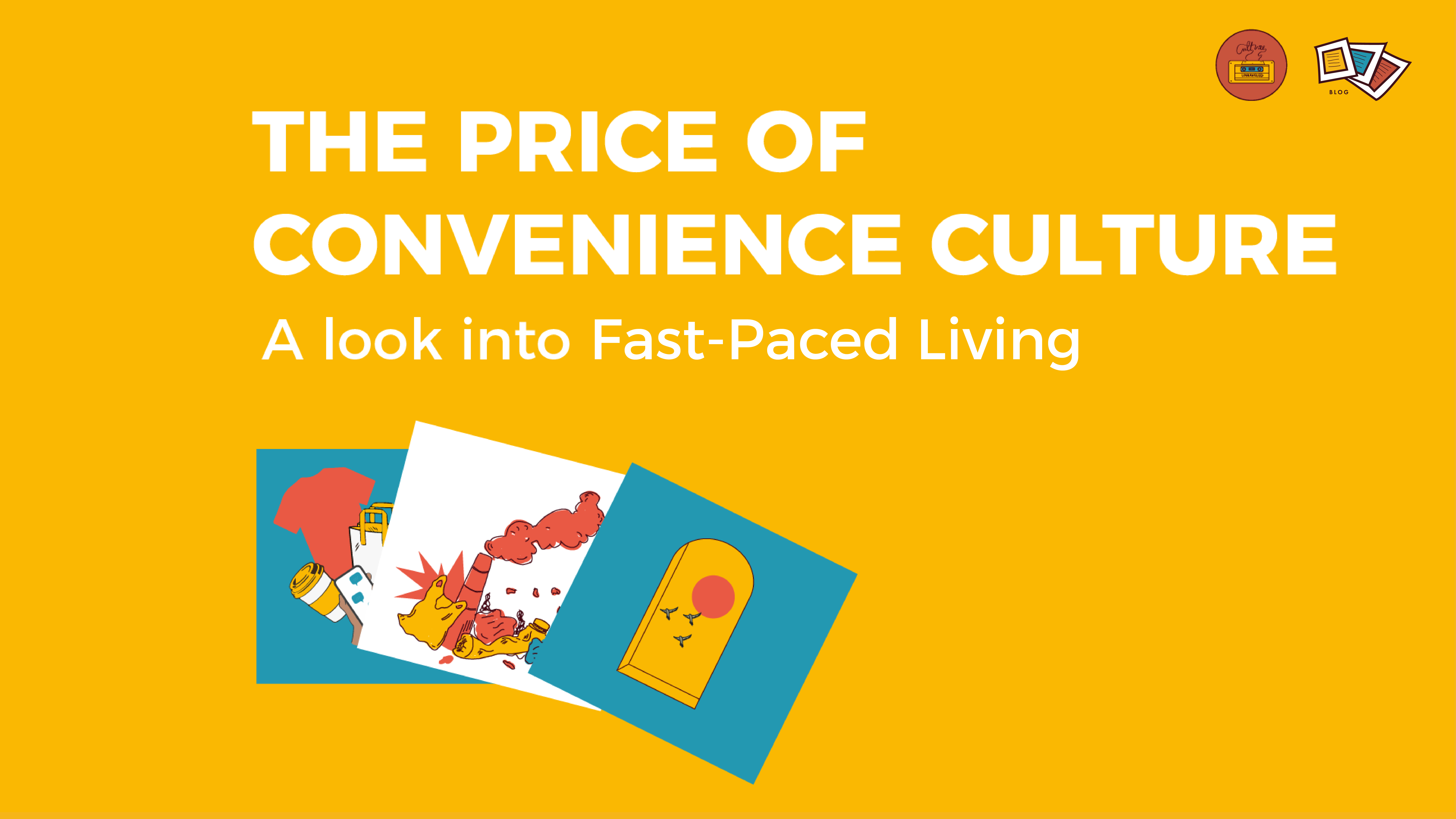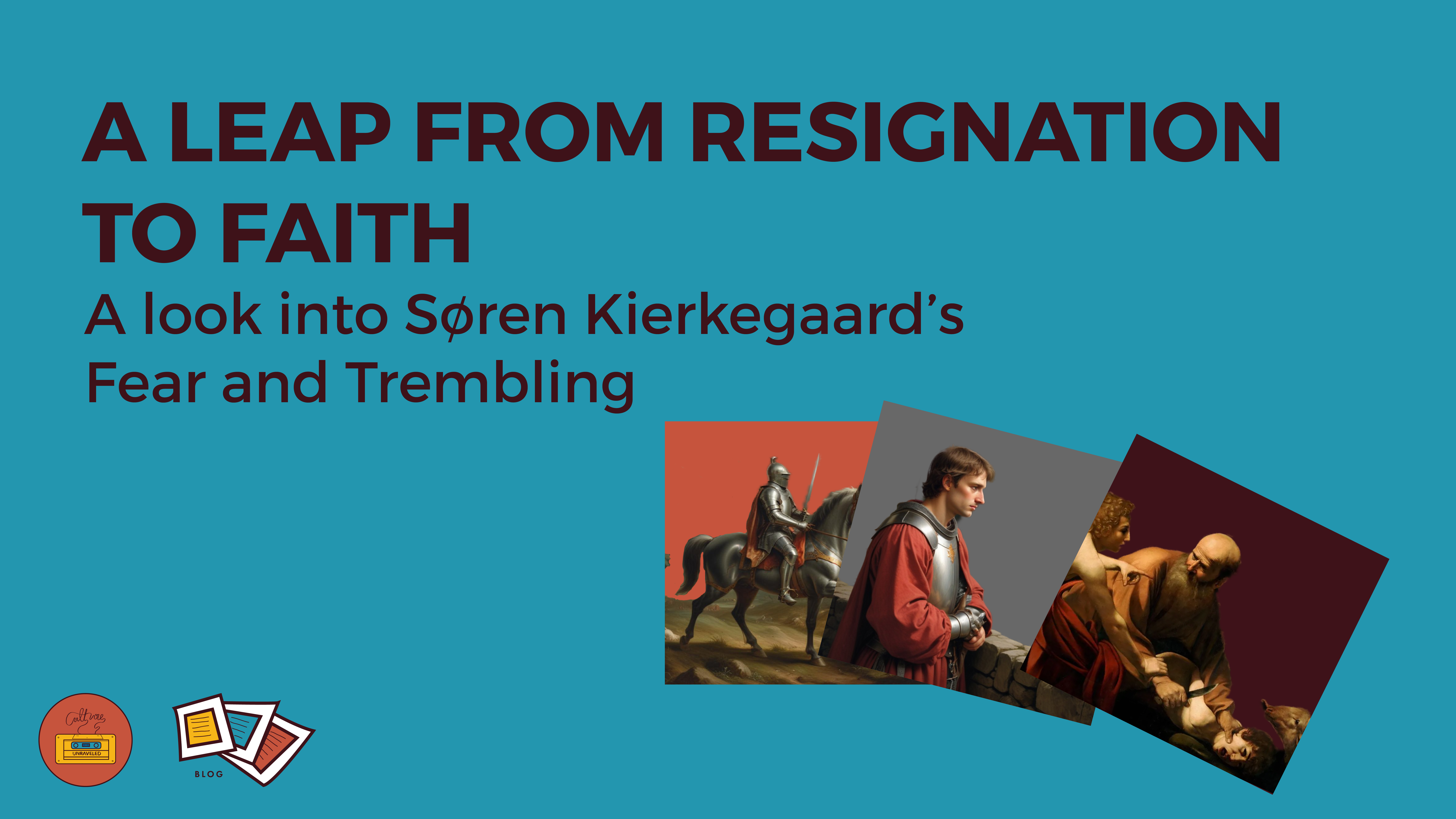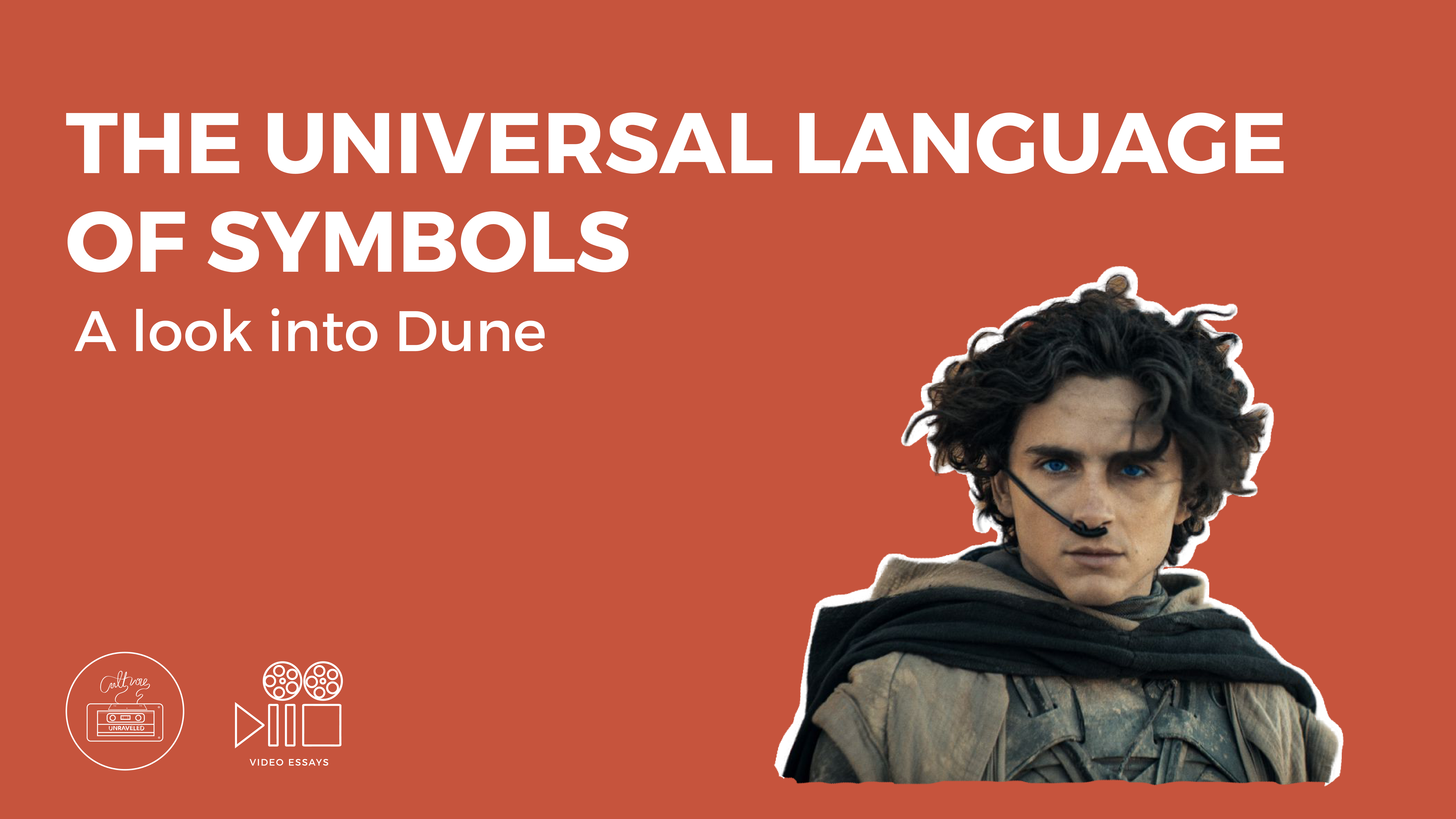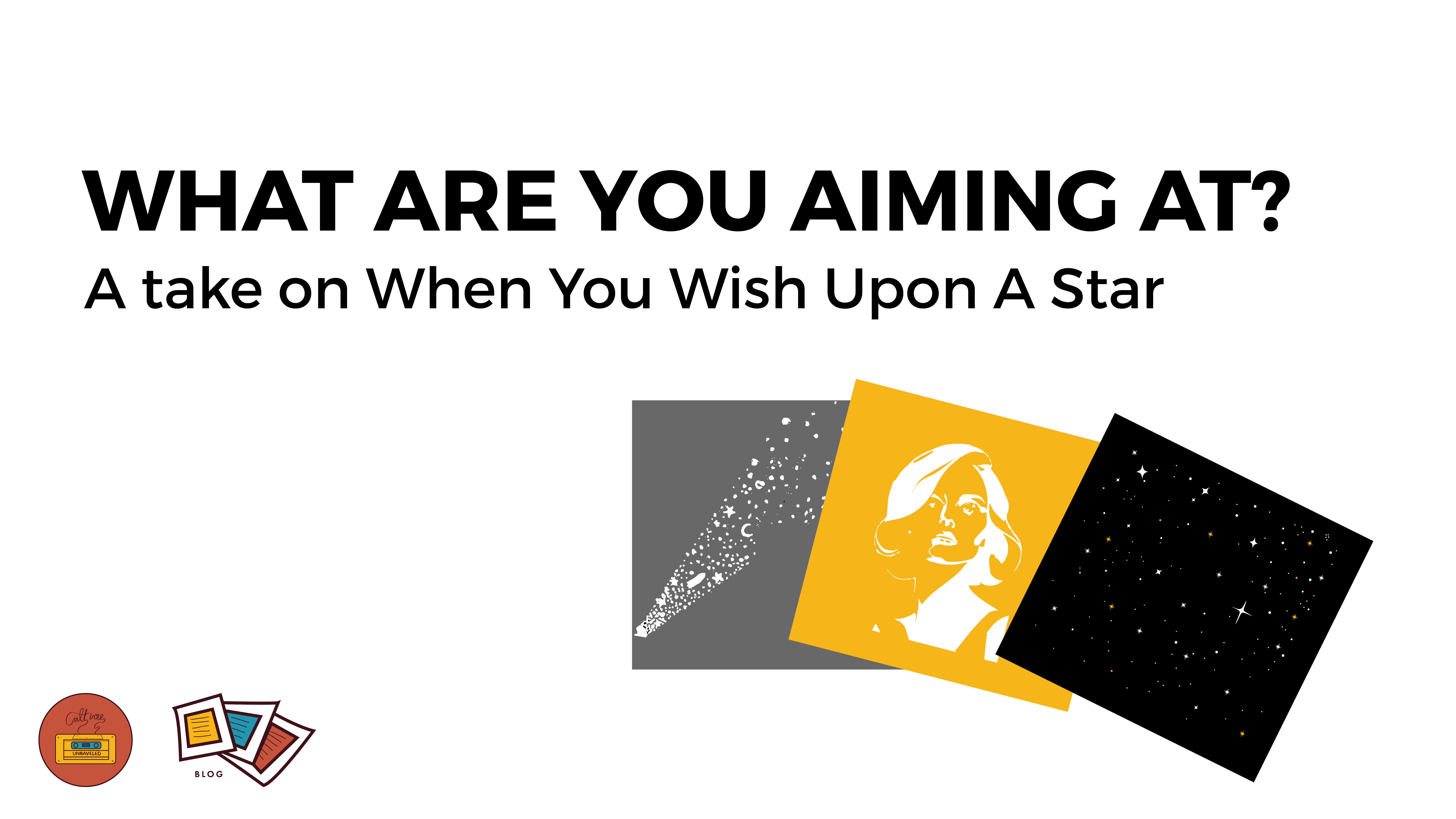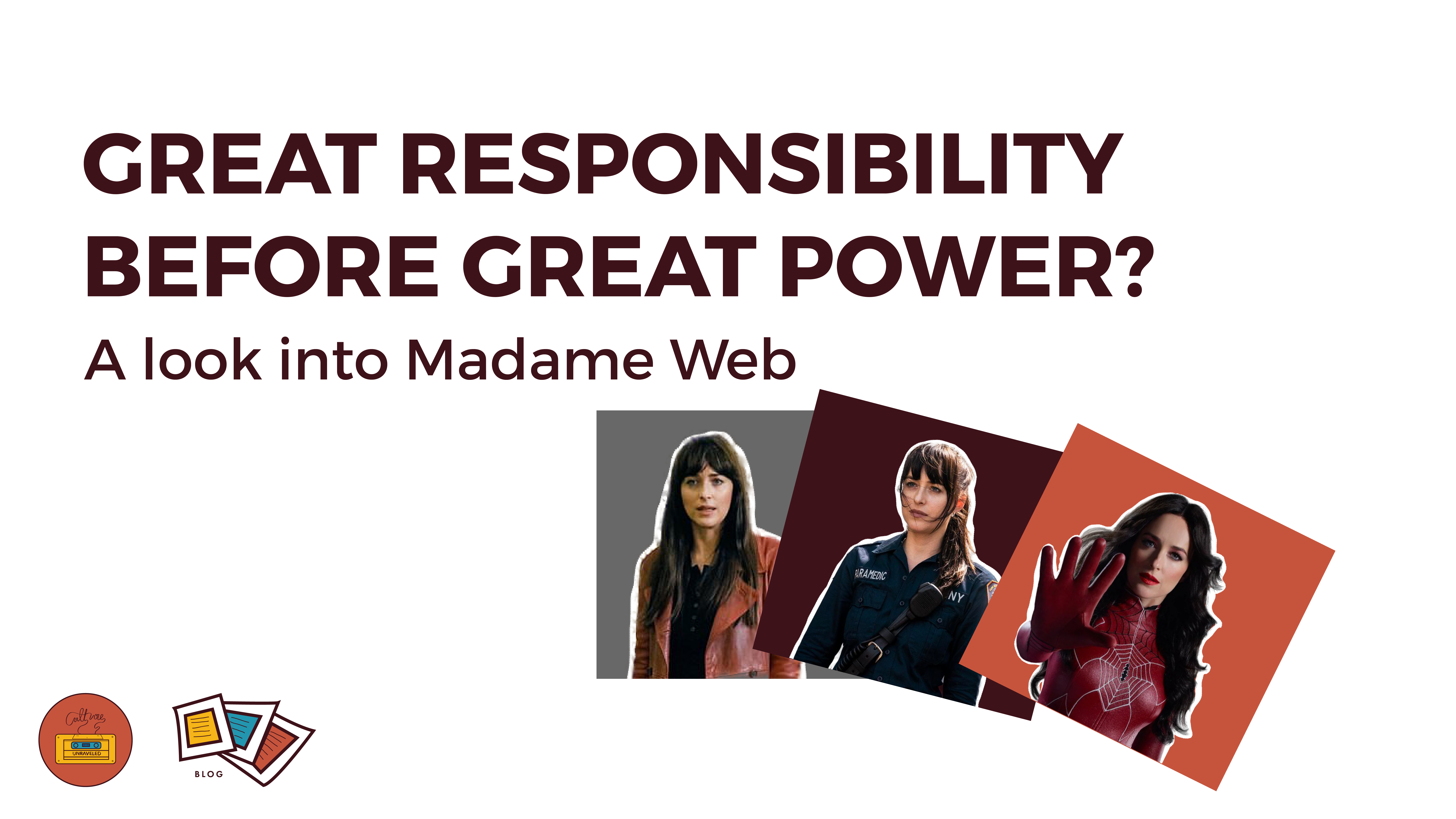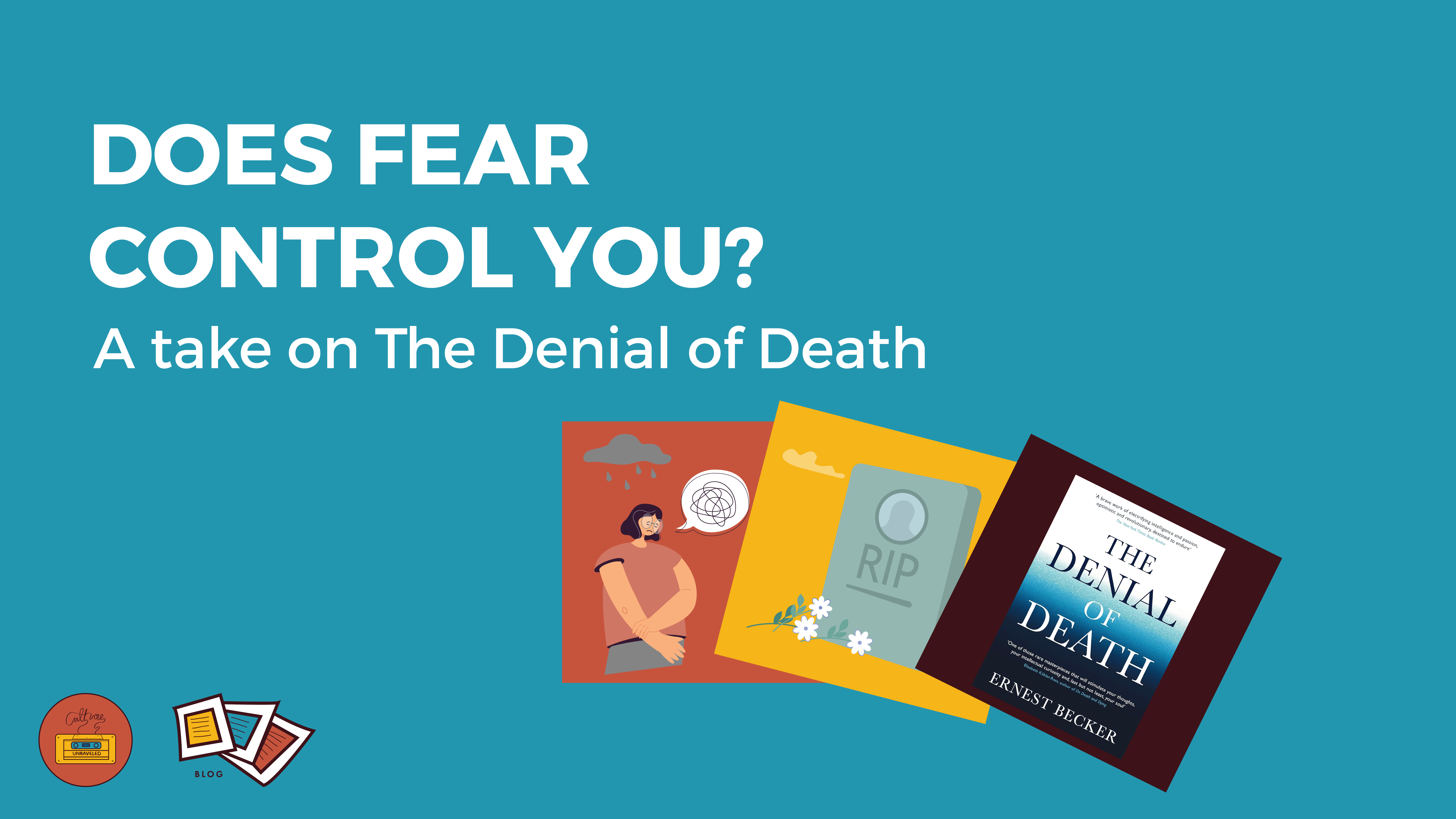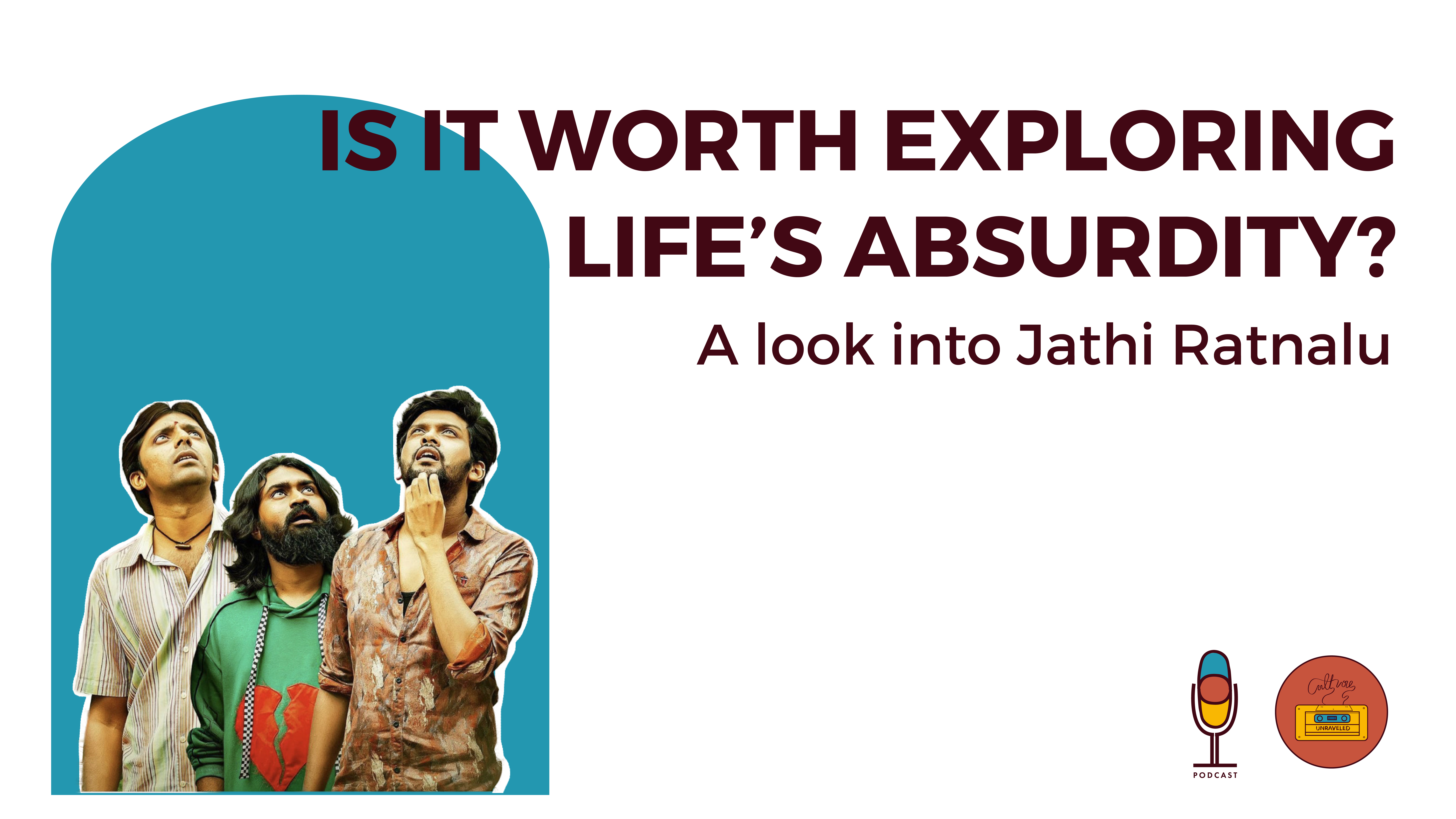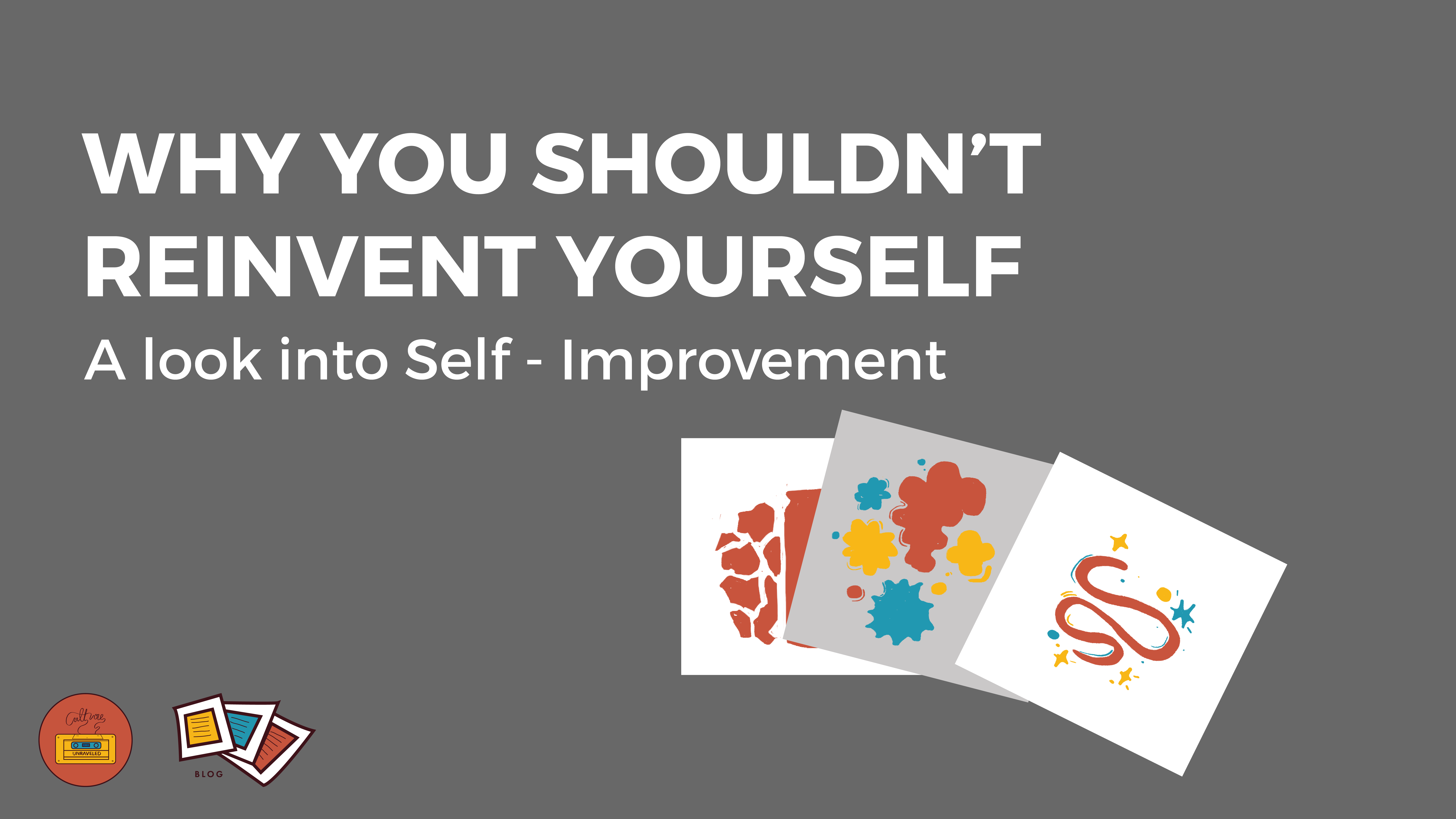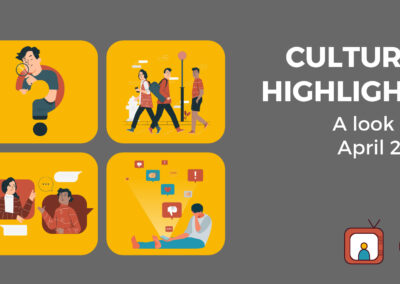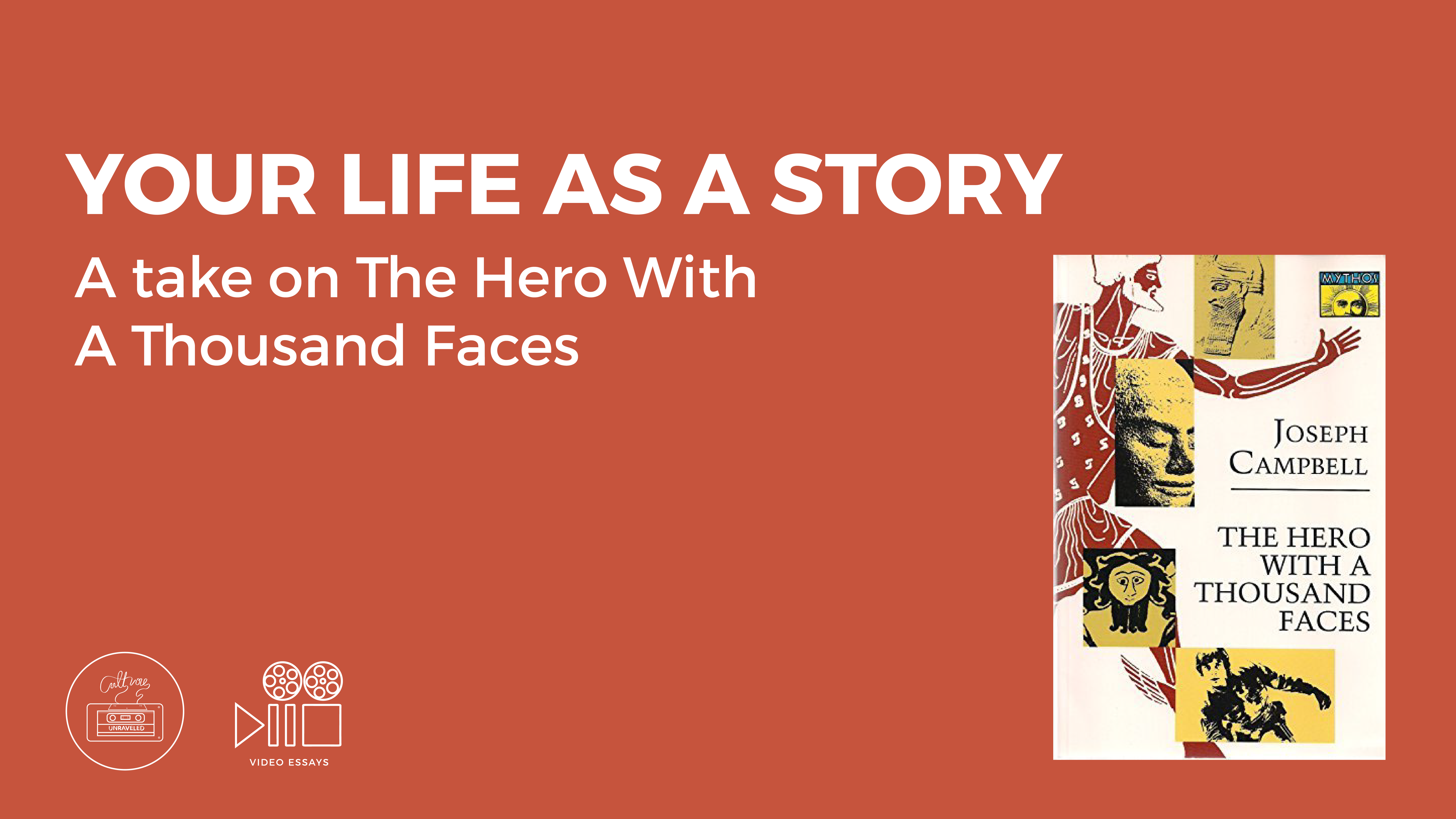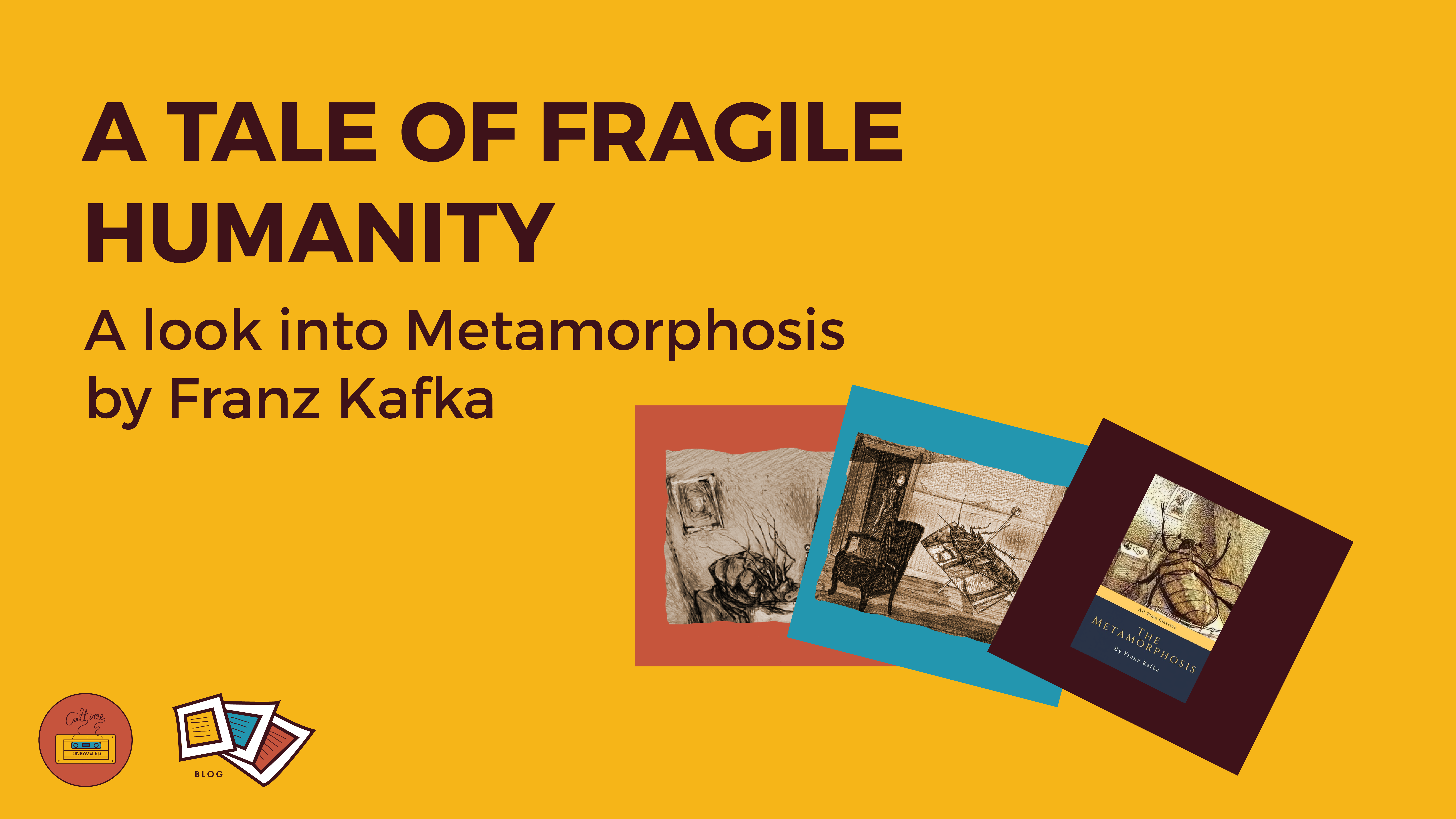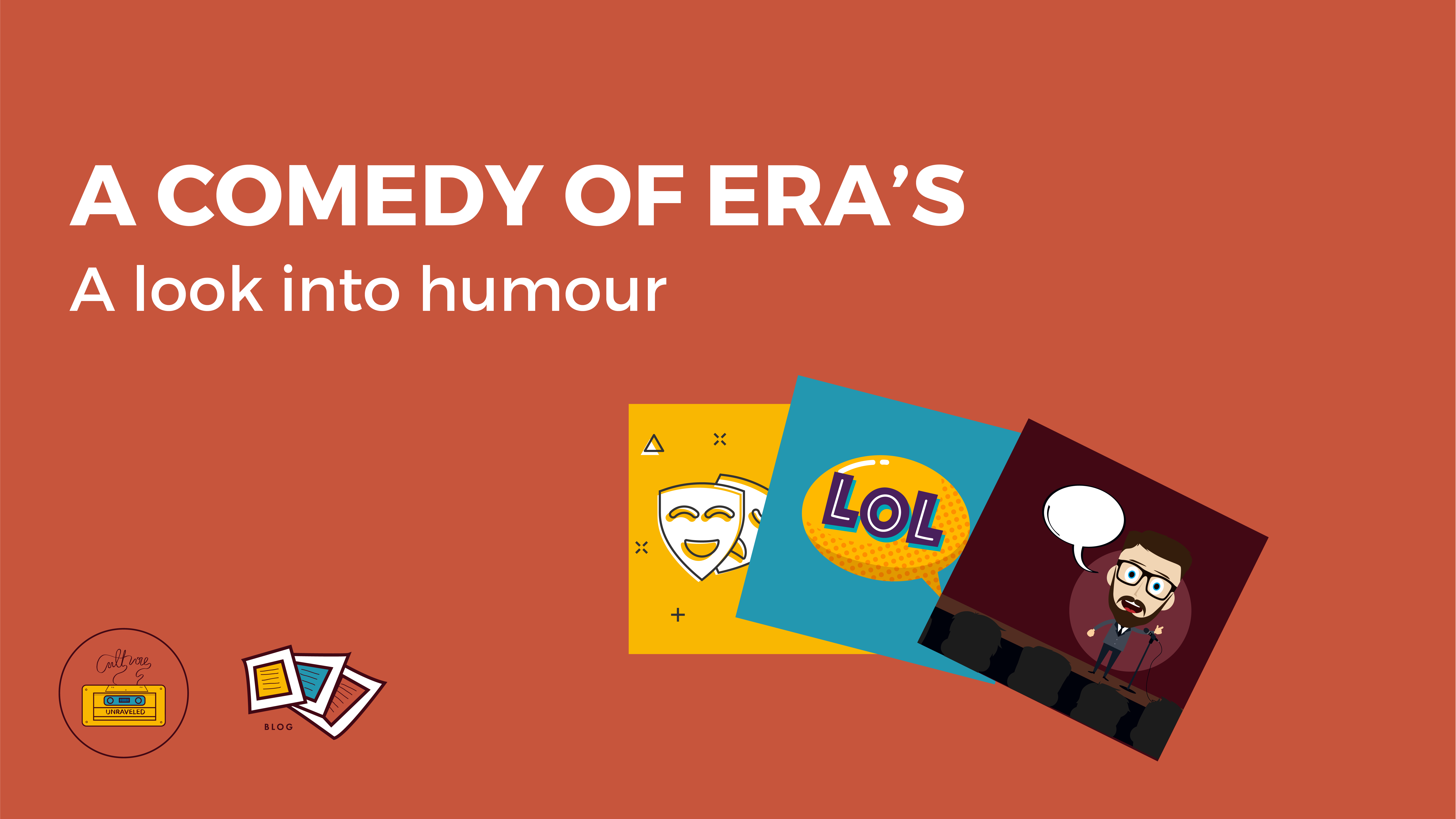
On the surface, Comedy is an art form that’s intended to make us laugh and entertain us.
It sometimes serves as a form of escapism and allows us to experience brief moments of levity and humour which can be amusing, but as important as the humour and laughter that comedy promotes and creates, is the utility of this art form when it comes to understanding, discussing and destigmatizing topics of contention and controversy.
Due to the drastic shift in the collective agreement of what’s okay to joke about in the past 5 years or so, the huge and vague question of ‘where the line should be’ is a question that has been posed numerous times, but rather than attempting to answer this virtually unanswerable question, perhaps a more productive question to ask would be, “Does having ‘a line’ in comedy defeat the entire purpose, and decrease it’s utility and productivity?
Comedy has been consistently recognized as a potent instrument for fostering human connection and communication. As a form of social commentary, it offers a medium for the expression and exploration of shared experiences, values, and beliefs. One of the most remarkable facets of comedy is its capacity to address serious issues in a relatable and non-threatening manner. This ability to initiate a dialogue on delicate or sensitive topics is of paramount significance in contemporary society, where issues such as racism, sexism, and discrimination continue to be pervasive and intractable. Comedy can facilitate the initiation of dialogue on serious issues, and the advantages that this can bring would be beneficial to both individuals and society as a whole.
One of the key ways in which comedy helps to open a dialogue is through its ability to break down barriers and create a sense of shared understanding. Laughter, in particular, is a powerful tool for creating social bonds, as it activates the release of endorphins, which are associated with feelings of pleasure and well-being. When people laugh together, they are more likely to feel a sense of connection and camaraderie, which can make it easier to discuss difficult or sensitive topics. Comedy often uses irony, satire, and parody to explore and expose social issues, such as racism, sexism, and discrimination, in a way that is both relatable and non-threatening. By providing a humorous context for these issues, comedy can help to make them more accessible and less daunting, thus encouraging conversation and dialogue.
Comedy also possesses a unique ability to provide a perspective on the world that is distinct from our own, by challenging our assumptions and beliefs, and encouraging us to think more critically about the world around us. Through the use of humour, comedy can prompt us to question our own biases and assumptions, and to perceive the world from a different perspective. This is particularly important when it comes to sensitive or controversial issues, where our own biases and assumptions can often cloud our judgement and impede open and honest dialogue.
In a way, comedy is like a playground. A playground for ideas, beliefs, people and their stories. However sometimes we find that certain groups or topics or ideas are entirely off the table, but this is counterproductive to what comedy can be used for. It could be argued that by excluding certain groups, ideas and topics from what we deem to be on the table for comedy, we are not protecting them, but rather excluding them from the conversation. By not
addressing certain topics in comedy, one would be failing to understand and utilise comedy for all that it provides. In fact, perhaps the things that one would deem extremely out of line might be more important to address than the others because if a certain topic demands that it not be discussed due to social norms, then it would likely possess a valuable amount of information about ourselves as a society for deeming it ‘too far’, and it simultaneously possess a valuable opportunity to dissect and subsequently understand why it makes us so uncomfortable in the first place.
Comedy is a very radioactive art form in that it has the ability to inspire, entertain, enrage and hurt different people all with the same joke. Of course, there is such a things as ‘bad comedy’, usually relating to that type of comedy where the majority of the content is made up of offensive ideology and discrimination, but lacks the nuance, context, interpretation and humour required to justify the use of those offensive ideas.
A joke that just discriminates without providing any context or humour for that perceived discrimination is not a joke, it’s an idea with the expectation of a laugh. For society to be able to flourish it needs to be aware of its insecurities and faults. Comedy acts as the tool to explore and mirror these faults.
But even with all this said, most importantly, above all, the only thing that really matters is, is it funny or not?
Author: Jacob Cheriyan

